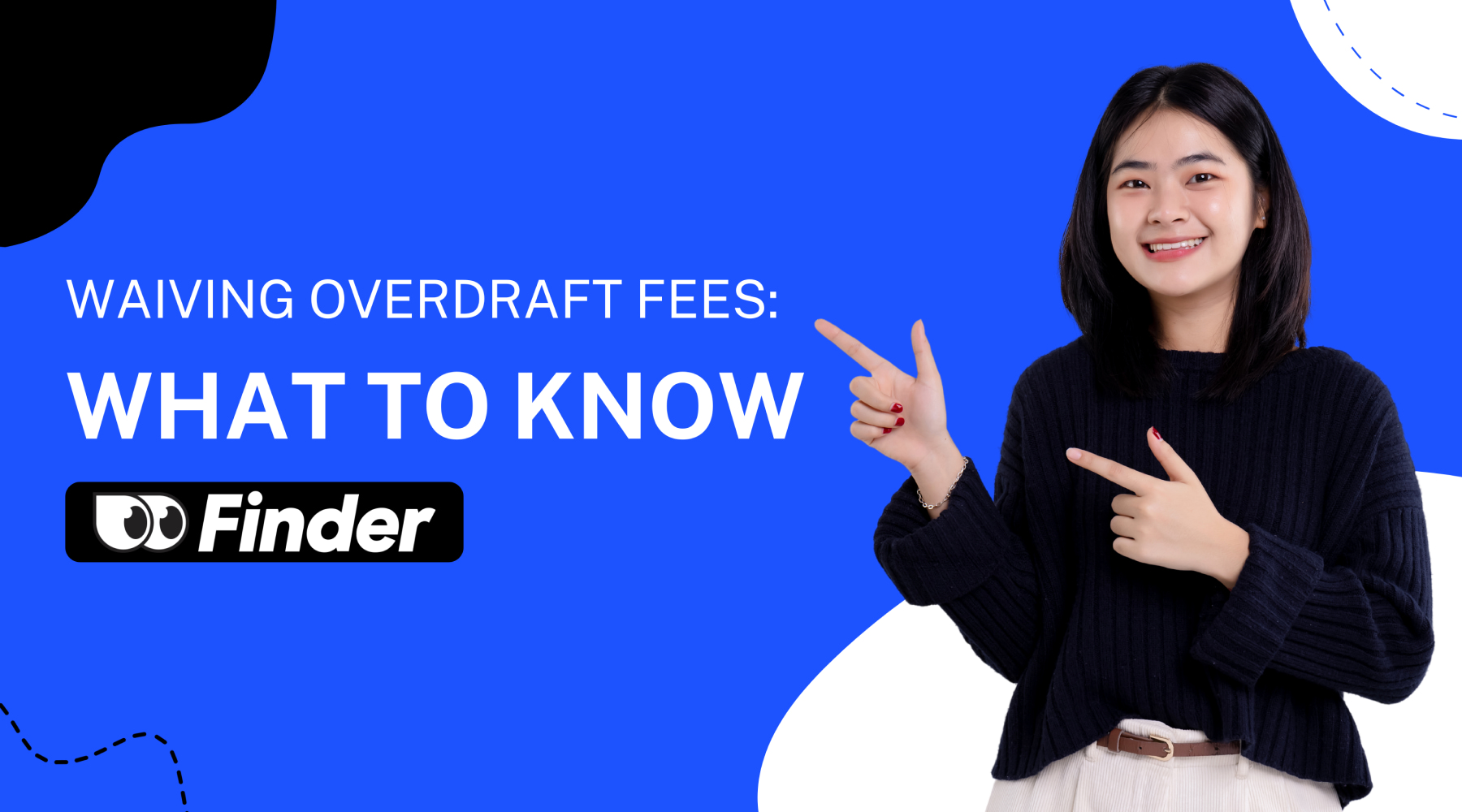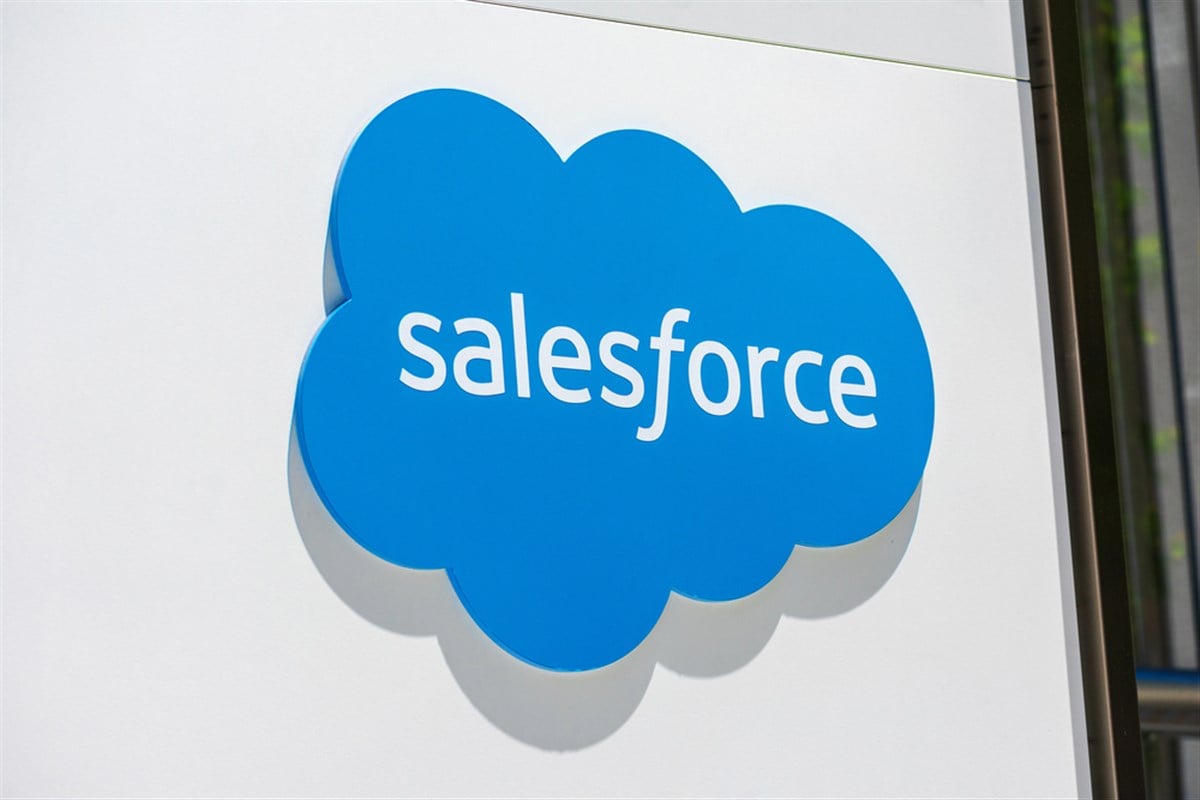3 Ways to Get Your Overdraft Fees Waived

An overdraft happens when you perform a transaction that exceeds your account balance. Banks that allow overdrafts will process the transaction, but they’ll charge a fee, which gets added to your now negative balance. Overdraft fees are often around $30 to $35 a pop, which can really add up if it happens regularly.
You might be able to get an overdraft fee waived, but it depends on your bank and your banking history. And if you find yourself overdrafting a lot, it might be time to switch to a bank that doesn’t charge them.
How to get overdraft fees waived
In most cases, you have three options to check out if you overdraft with your checking account.
1. Ask the bank to waive it (nicely)
It sounds silly, but this can actually work if you have a good relationship with your bank. I wouldn’t recommend getting animated, yelling or demanding that the bank waive the fee. The saying, “You catch more flies with honey than with vinegar,” heavily applies here.
Your chances of this tactic working can also depend on your history with them. If you’re a long-term customer who usually has a positive balance, there’s a decent chance a teller will work with you. And if you’ve never overdrafted before, remind them of that. You can frame this refund as a courtesy and a one-time thing. If you’re in financial trouble, inform them of that and see what they can do for you. You won’t know unless you ask!
2. Overdraft grace periods
Similar to asking the bank to refund the overdraft fee if you’ve already fixed the negative balance, you could request a grace period. Basically, you offer to resolve the balance within a certain time frame, such as 24 to 48 hours, in exchange for waiving the overdraft fee.
Some banks automatically offer a grace period for overdrafting, too.
For example, Wells Fargo has the aptly named “Extra Day Grace Period,” which comes automatically with all its checking and savings accounts. If you overdraft, the bank won’t charge an overdraft fee if you make your balance positive before 11:59 p.m. ET the next business day. Chase Bank has something similar, as it doesn’t charge for overdrafts $50 or less if the negative balance is resolved by the end of the next business day.
3. Enroll in overdraft protection
It’s common for banks to offer overdraft protection or overdraft coverage, usually for no fees at all. How these overdraft services work depends on the bank, but it usually involves linking your checking account to a backup account to transfer funds in the event of an overdraft.
| SoFi® |
|
|
|
| Bank of America |
|
|
|
| Chase Bank |
|
|
|
| Chime® |
|
|
Why do banks charge overdraft fees?
Banks charge overdraft fees because they’re covering the transaction when you don’t have enough cash.
The bank charges you for the service of letting that transaction go through and spotting you the money for the transaction (kind of like a mini loan). Your bank might even call overdraft fees “convenience fees” for this reason.
Difference between no overdraft fees and overdraft protection
An account with overdraft coverage or protection usually means linking your checking account to another account (often a savings account) to cover an overdraft if it happens.
Accounts that don’t charge overdraft fees usually mean you’re not allowed to overdraft at all. Instead of overdrafting, the transaction that would create a negative balance is simply declined. It can be inconvenient, but it also means you’re not getting charged for overdrafting, so it’s a give-and-take.
Bottom line
If you’re sick of overdraft fees and can’t get them waived, it might be time to switch to a bank account with no overdraft fees.
But if you want the ability to overdraft from time to time, consider banks like SoFi, Chase and Bank of America that offer overdraft coverage services.
Frequently asked questions
Do you legally owe overdraft fees?
In most cases, yes, you’re legally obligated to pay overdraft fees. There’s a very good chance you agreed to be charged overdraft fees in your bank account’s deposit agreement when you opened the account.
The agreement will usually include something like this: “It is your responsibility to immediately pay the amount of any overdrafts, along with fees that apply.” Some deposit agreements might even state a time frame that you’re required to pay, such as by the end of the day. If not resolved, the agreement may have details about being charged the overdraft fee again, and eventually, the bank may close your account.
Be sure to read your checking account’s deposit agreement carefully for fees, overdraft procedures and how long you have to resolve negative balances.
What if I wasn’t the one who overdrafted?
If you have a joint bank account, and the other owner caused the overdraft fee, most deposit agreements state that both owners are responsible for repaying the fees.
However, if someone stole your card info and caused the overdraft, you wouldn’t be liable. In cases like this, contact your bank immediately to start a fraud investigation. Debit cards come with liability protection, which means you’re not liable to repay charges you didn’t authorize.







